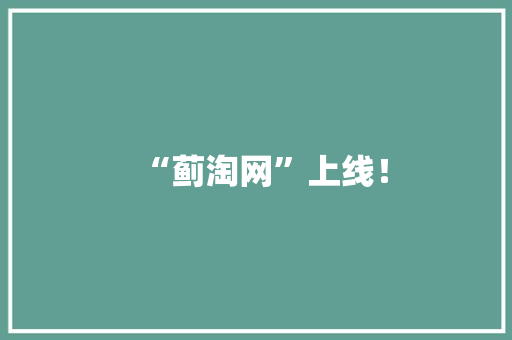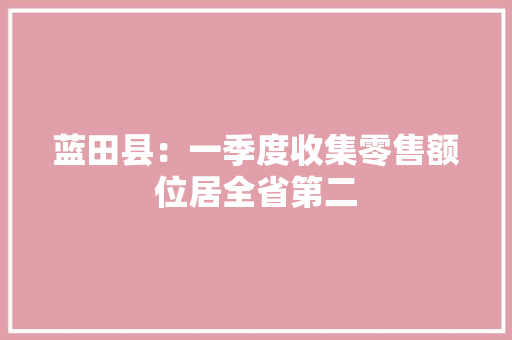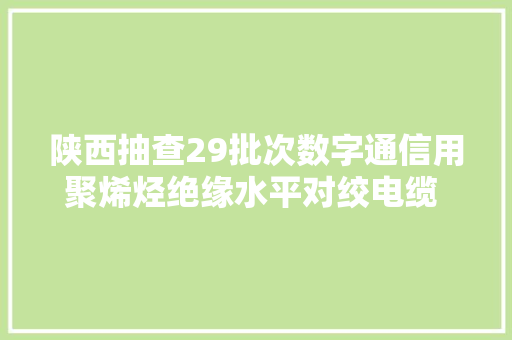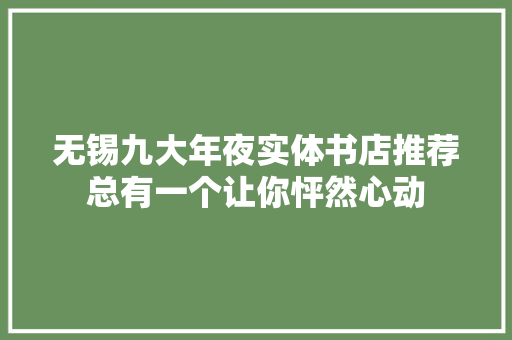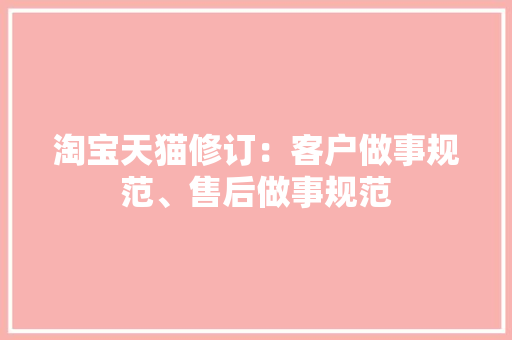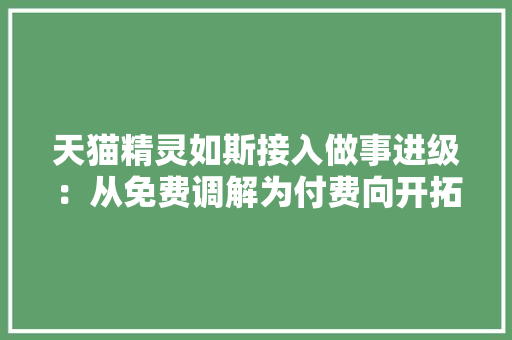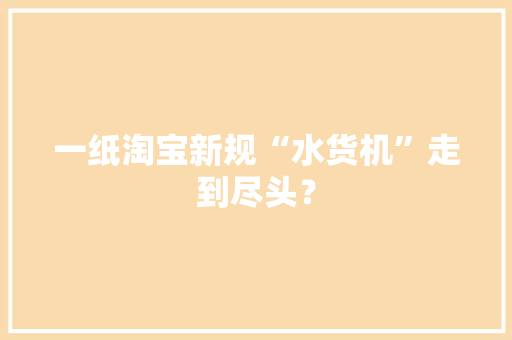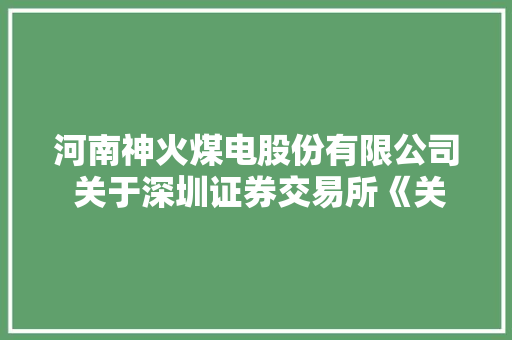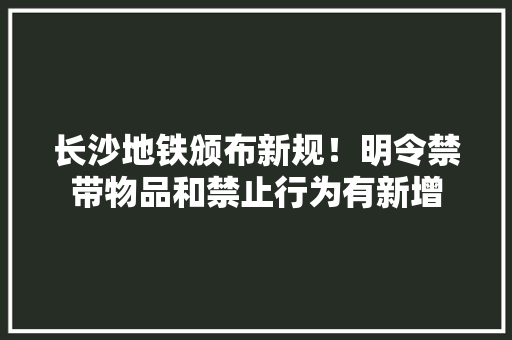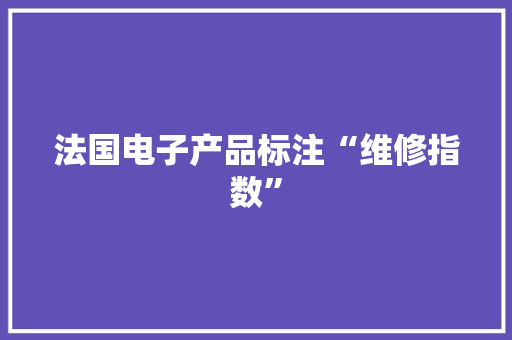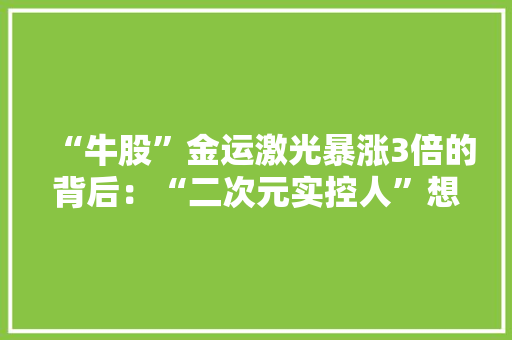实在办理办法也不难:
1. 结合原文和大量例句看别人是怎么用的(这个过程叫“输入”)
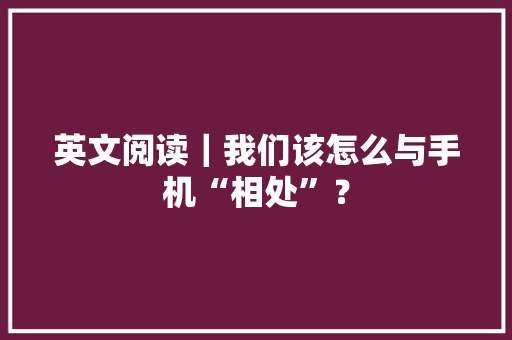
p.s. 例句不要只看1个,否则自己还是学不到在【不同的语境中】该词的用法,这也是我会一个单词配好几个例句的缘故原由
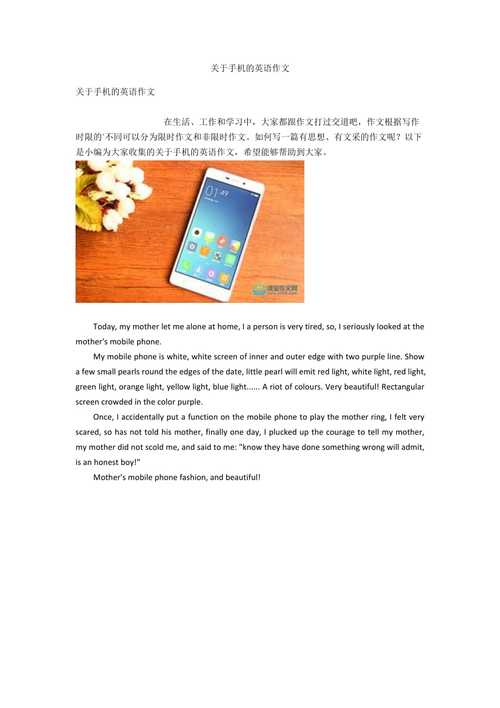
2. 自己造句(这个过程叫“输出”),通过造句,你就“逼”自己不得不思考“我可以把这个词用在哪呢?”“用的时候要把稳什么?”等等问题,你在【主动学习】,那往后在口语或写作中,你当然就可以自然而然地用出来了,不须要在“用词”上烦恼了,只须要focus在你口语/写作的“内容”上,这才是核心,以是,记得完成页面底部的“趁热打铁”部分,要学就学透了,要学就追求高质量!
1. 你每天跟“谁”待一起的韶光最长?
手机!
2. 醒来第一件事是什么?
闭着眼伸手拿手机!
就连用饭、谈天、上课、运动等等时都离不开手机
你有想过,我们该如何好好与其相处吗?
The Real Cost of Phone AddictoinYou use your phone too much. Here's how to stop the cycle.
You, like most people, probably use your phone too much. People spend an average of four hours a day staring at their handheld screen, according to the time-tracking app Moment, and that doesn’t include time spent using their phones to do other things, like listen to podcasts or take calls. Engage in any activity for that long and it changes your brain. Those changes may be positive if we are talking about, say, meditation. Less so if it’s time spent staring at your phone.
For the past three years, I have been conducting research and writing a book about our relationships with our phones. I’ve since concluded that phone time is affecting everything from our memories and attention spans to our creativity, productivity, relationships, stress levels, physical health, and sleep. In short, if you feel like your phone is changing you — and not always for the better — you’re not crazy. You’re right.
Phones, advertising-based apps, and social media are designed to be hard to stop using. It’s their business model: The more time and attention we spend on them, the more data they can collect and the more targeted ads they can show us. These companies are so good at manipulating our brain chemistry that we often don’t even realize that we’re being manipulated. By always making sure there’s a new post or a potential “like” waiting for us, they have conditioned us to associate checking our phones with getting a reward— which makes us want to check even more.
We have become like Pavlov’s famous dogs, trained to salivate when they heard the sound of a bell. And when we can’t check our phones, our bodies release stress hormones such as adrenaline and cortisol. We become twitchy and irritable. We reach for our phones in our pockets, even if we know they’re not there. We exhibit what addiction specialists would immediately recognize as symptoms of withdrawal.
All of which is to say: Don’t beat yourself up if you’ve tried and failed to change your phone habits, or if the idea of having a happy, healthy, and sustainable relationship with your phone sounds difficult. It is difficult. But it is possible.
Here’s the right way to change your relationship:
Identify what you do and don’t like.
There are elements of phone use that are useful or enjoyable, and there are elements that make you feel like you’re wasting your life. Your goal is to keep the former and minimize the latter.
Stop saying, “I need to spend less time on my phone.”
That is a vague and meaningless statement, the equivalent of announcing that you’re going to “eat better.” If you want to change a behavior, you need to know why you’re trying to change it — and what you want to be doing instead. Otherwise, you won’t last beyond breakfast.
Write down three to five activities that you know bring you meaning, satisfaction, or joy — maybe this is something you say you want to do but somehow never seem to have time for. Then ask yourself how your phone is preventing you from doing these things.
For example, I know that spending time with friends brings me joy. But I also know that I’ve gotten in the habit of texting instead of calling. When I finally look up, I realize that I’m in my kitchen, alone and silent, having spent 30 minutes typing what would have taken five minutes to say.
Identify a goal.
Once you’ve figured out one way in which your phone is preventing you from doing something you enjoy, you are ready to identify a goal. (You can create as many as you’d like.) I like to use this template: “I would like to spend less time ___ and more time ____.”
For example: “I would like to spend less time texting and more time with friends in person.” Note how this is different from the vague (and meaningless) “I want to spend less time on my phone.”
Define success.
What would make you feel successful? It’s important to be realistic — chances are you’re not going to finish a book in one sitting or have a weekend where every moment is packed with joy, productivity, and meaning. But if you know you feel happy when you see a particular friend, you could define success as having coffee with them sometime in the next week. If you want to read a novel, you could aim to read one chapter per night.
Make it easy.
You can try to change a habit through willpower alone, but that’s not much fun — and it doesn’t usually work. It’s much more effective to remove triggers for the habit you’re trying to change and add triggers for the one you’re trying to establish.
Let’s say that you want to read your book before bed, but you keep getting distracted by your phone. First, remove the trigger: Charge your phone someplace other than your bedroom. (If necessary, buy a standalone alarm clock.) Second, add a new trigger: Put a book on your bedside table in the spot usually occupied by your phone. This way, when you instinctively reach for your phone, you’ll encounter the book.
Do the same thing on your phone. Turn off notifications. If you want to spend less time on social media, delete the apps. (Then, if you truly want to check Twitter, you’ll have to do so from the much less satisfying mobile web version.)
Pay particular attention to your home screen: It should contain only tools, not temptations. Edit and arrange your apps to make it easier to do the things you want to do and harder to do the things that make you feel gross.
Take it slow.
You are not going to change your habits in a day. Nor is it realistic to try to change all your habits at once. Pick one thing to focus on at a time. Maybe you could spend five minutes today staring out a window instead of scrolling through your phone. Perhaps this Sunday morning you can wait until after breakfast to pick up your phone. Maybe you could check your email three times this hour instead of 20. There is always room for improvement, and if you’re moving in the right direction, no accomplishment is too small.
Establish etiquette.
If a friend pulled out a cigarette and blew smoke into your face, you probably wouldn’t have a problem telling them to stop, because we have a societal understanding that doing so would be rude. But if that same friend pulled out their phone in the middle of a conversation with you, it’d be much harder to speak up, because we haven’t yet agreed on etiquette for our phones. This is never going to change unless we start talking about it, so start talking about it.
The next time a phone interrupts an otherwise pleasant interaction, use it as a conversation starter. Ask your friend, “When do you think it’s okay to use your phone? When is it inappropriate?”
If it feels too aggressive to directly address your companion’s use of their phone, just look around you for conversation starters. There are bound to be other people you can use as examples.
Remember that your goal is to feel good.
If deleting social media apps works for you, great. If you truly miss Facebook, reinstall it. In other words, experiment. You’re not trying to restrict yourself arbitrarily; you’re trying to figure out what you like and what you don’t. Ultimately, the point is to make sure that when you use your phone, it’s a conscious choice.
Be okay with imperfection.
You’re never going to have a perfect relationship with your phone. And that’s fine. The point is simply to have a clear sense of what a healthy relationship looks like and to catch yourself when you’re sliding off-track. When that happens, don’t beat yourself up. Just take a deep breath and keep going.
词 汇 卡 片1. meditation [ˌmed.ɪˈteɪ.ʃən] UN
the act of giving your attention to only one thing, either as a religious activity or as a way of becoming calm and relaxed
默念,冥想
- prayer and meditation
祈祷与冥想
- She practises meditation.
她时常静坐冥想。
注:
从此外,该词还有沉思,寻思(CN/UN)的意思(serious thought or study, or the product of this activity),来几个:
- Let us spend a few moments in quiet meditation.让我们花少焉韶光悄悄思考一下。
- I left him deep in meditation.
他陷入了沉思,我没有打扰他。
- The book is a meditation on the morality of art.
这本书磋商了艺术道德。
2. condition vt. C2
to train or influence a person or animal mentally so that they do or expect a particular thing without thinking about it
演习;使习气于;使适应;使(人或动物)形成条件反射
- a conditioned reflex/response
条件反射/反应
- [ + to infinitive ] Pavlov conditioned dogs to salivate at the sound of a bell.
巴甫洛夫通过演习使狗一听到铃声就流口水。
- Women were conditioned to expect lower wages than men.
女性以前习气于接管比男性低的人为。
3. salivate [ˈsæl.ɪ.veɪt] vi.
to produce saliva
分泌唾液;流口水
- The thought of all that delicious food made me salivate.
一想起那些美味佳肴,我就开始流口水了。
注:
原文中的“We have become like Pavlov’s famous dogs, trained to salivate when they heard the sound of a bell.”又形象、又扎心,哈哈哈~[ 画下划线了,背!
]
4. twitchy [ˈtwɪtʃ.i] adj.
nervous and worried, sometimes showing this through sudden movements or movements that do not appear smooth or relaxed
发急的;紧张的
- On camera he appears twitchy and ill at ease.
在摄像机前他显得很紧张,浑身不清闲。
- The president is getting twitchy about the fall in his popularity.
总统对他支持率的低落感到焦躁不安。
5. irritable [ˈɪr.ɪ.tə.bəl] adj. C2
becoming annoyed very easily
易怒的,暴躁的
- Be careful what you say - he's rather irritable today.
说话当心点儿——他本日脾气很大。
- \公众Don't disturb me again,\公众 she said in an irritable (=angry) voice.
“不要再打扰我,”她烦躁地说。
6. beat yourself up
to blame or criticize yourself, usually in a way that is unfair or unnecessary
(过分)怪罪自己,苛求自己
- If you fail, don't beat yourself up; just try again.
如果你失落败了,不要过分怪罪自己,大不了再试试。
7. gross [ɡrəʊs] adj.
extremely unpleasant
极其令人厌恶的,令人恶心的,令人烦懑的
- \"大众Oh, gross!\"大众 she said, looking at the flies buzzing above the piles of dirty plates.
“呀,真恶心!
”她看着在一堆堆脏盘子上方飞来飞去的苍蝇说道。
注:我们很多人第一次打仗gross这个词该当是在\公众GDP\"大众中,GDP的全称是Gross Domestic Product(海内生产总值),个中的gross意思是总的(adj.)
8. scroll [skrəʊl] vi. C2
to move text or other information on a computer screen in order to see a different part of it
滚动;滚屏
- Scroll to the end of the document.
滚动至文件的末了。
- Could you scroll down/ up a few lines?
能往下/上翻几行吗?
- He scrolled through the document.
他翻阅了文件。
注:
原文中的scroll through your phone按字面理解是“翻手机”,实在便是“玩手机”咯,玩手机时我们是一个页面切到另一个页面,翻来翻去,是不是很形象呢,记得用起来哦
9. etiquette [ˈet.ɪ.ket] UN
the set of rules or customs that control accepted behaviour in particular social groups or social situations
礼仪,礼节;规范,规矩
- Social etiquette dictates that men cannot sit while women are standing.
(社交)礼仪哀求在女士站立时,男士不能入座。
- Diplomatic etiquette forbids calling for the death of a national leader.
外交礼节禁止公开哀求处去世国家领导人。
语法/长难句剖析When I finally look up, I realize that I’m in my kitchen, alone and silent, having spent 30 minutes typing what would have taken five minutes to say.
自己先试着剖析:
1. 整句话的主干是什么?
2. 其他身分是什么?
整句话的主干:
When I finally look up, I realize that I’m in my kitchen
其他身分剖析:
1. alone and silent是插入语,表明当时\公众I\公众的状态
2. having spent... 是现在分词作韶光状语,相称于after spending...,个中的what would have taken five minutes to say是及物动词type后的宾语从句
趁 热 打 铁任选上面9个词中的1个造句,下方评论见告我哦,会逐一回答哒~
分享是一种动力 点赞是一种鼓励


